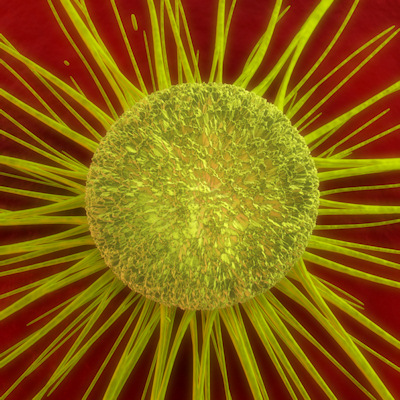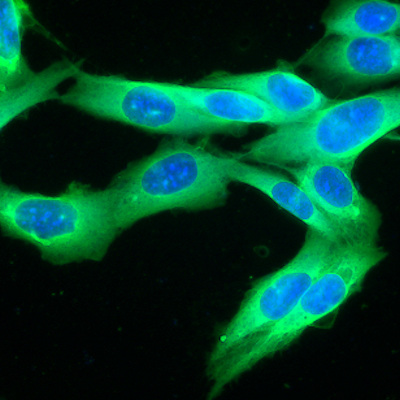February 28, 2023 -- A large genomic study of a rare cancer called metastatic pheochromocytoma identified patients at high risk of metastasis, as well as those most likely to respond to immunotherapy. The results, published in Nature Communications on February 28, may allow closer following up of patients with poor prognoses, and facilitate more personalized treatments.
Pheochromocytomas and paragangliomas are rare and highly heterogeneous neuroendocrine tumors, associated with mutations in one of the more than 20 driver genes related to the disease. They have an incidence of three to eight cases per million people per year. The survival rate for patients with metastatic pheochromocytoma, which accounts for 20% of all cases, is 20% to 60% five years from diagnosis.
The study focused specifically on patients with metastatic pheochromocytoma. The researchers' collaborations with 16 centers from six countries around the world made it possible for them to analyze a relatively high number of samples, often difficult in rare diseases. The number of patients with metastatic pheochromocytoma in the study corresponds to a population of 100,000,000 people.
Such a large sample was necessary to achieve the goal of identifying, at the time of the primary tumor diagnosis, the markers associated with an increased risk of metastasis. Most patients with these tumors who develop metastasis do so one or two years after being diagnosed with the disease, but there are cases in which metastasis develops up to 20 years after initial diagnosis. The newly discovered molecular markers, added to other clinical and histological criteria for personalized clinical management, can potentially help clinicians follow patients at high risk of metastasis more closely.
While treatments including chemotherapy and targeted therapies for pheochromocytoma have been tested, the particular patients who might respond to specific therapies remains unknown. Therapies often do not work in rare diseases. The more genes are involved in a disease, the more difficult it is to find effective therapies; researchers have so far identified 22 genes associated with pheochromocytoma. Therefore, another part of the research involved finding markers that would allow for personalized treatment. The researchers successfully identified a group of patients with pheochromocytoma who might benefit from immunotherapy treatments.
"This is a hereditary disease in [40% to 50%] of cases, and very complex from a genetic point of view," noted CHIO researcher, study leader, and co-author Mercedes Robledo, in a statement. "The study will be a benchmark in the field of metastatic pheochromocytoma."
Copyright © 2023 scienceboard.net









